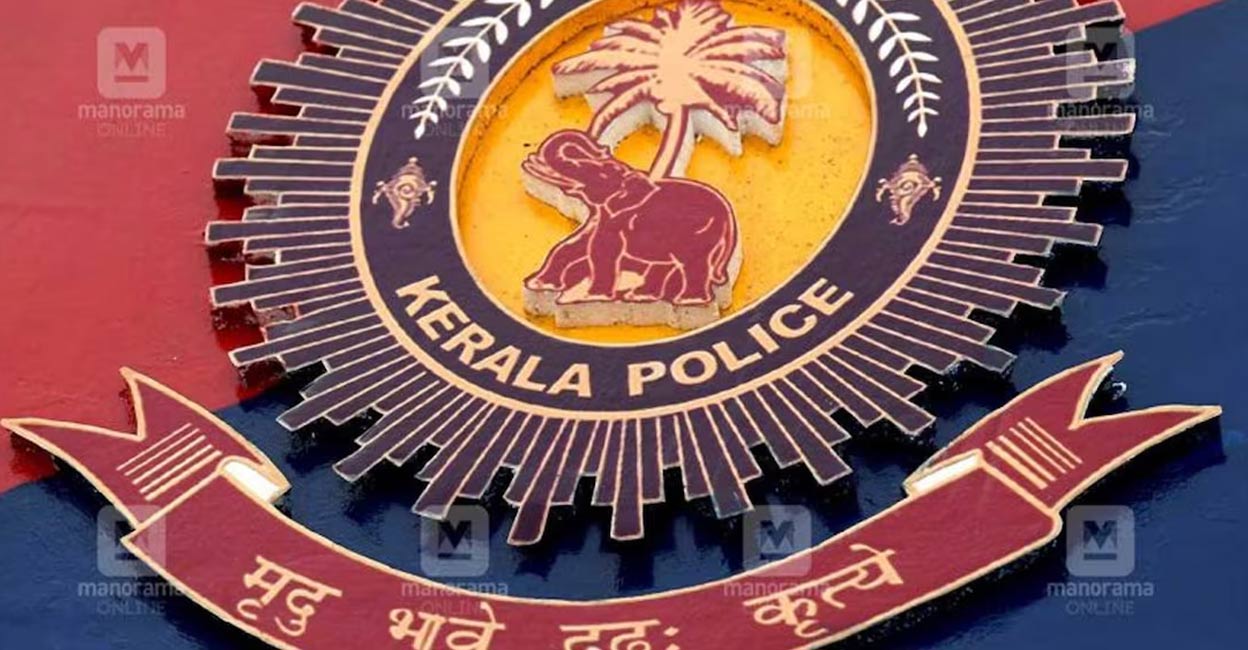Analysis | Can Kerala police refuse suo motu action against sexual predators in Malayalam cinema?

Mail This Article
A day after the Hema Commission report was released on August 19, Kerala Chief Minister Pinarayi Vijayan categorically stated that his government would not, on its own, initiate action against film personalities identified as sexual predators by women in Malayalam film industry.
He said the confidentiality of the testimonies would be guarded. "But if any woman who had testified before the commission was willing to come forward with a complaint, the government would step in to take appropriate action," the CM told reporters on August 20.
However, legal experts Onmanorama talked to said that with the release of the commission's report, the state government did not have the liberty to wait for the victims to file complaints.
The law imposes two obligations on the state in matters related to sexual abuse. One, suo motu action has to be taken. Two, a case has to be registered even if a person who is not a victim, and even unrelated to the victim, files a complaint of sexual abuse on behalf of the victim.
Can suo motu action be taken?
It is Section 157 of the Criminal Procedure Code that experts point out (it is section 176 under the new Bharatiya Nagarik Suraksha Sanhita-BNSS) for suo motu action. The section deals with investigation procedure.
The suo motu aspect, or the government's obligation to act on its own, originates from the first line of the Section (like most new Sections, 176 BNSS is a copy paste of 157 CrPC). Here's the operational part of the first line: "If, from information received or otherwise, an officer in charge of a police station has reason to suspect the commission of an offence (cognizable offence) which he is empowered to investigate..."
"The word 'otherwise' clearly suggests that the police can act on information that is not directly received by it," a senior IPS officer told Onmanorama. In other words, just because there is no complaint the police cannot refrain from registering a cognizable offence about which it has knowledge.
Most of the offences mentioned in the Hema Commission report are cognizable and are now in the public domain: assault to outrage the modesty of women (Section 354 IPC, now Section 74 in BNSS), use of force to disrobe a women (354B IPC/76 BNSS), rape (376/63), sexual intercourse by person in authority (376C/68) and words, gestures or acts intended to insult the modesty of women (509/79).
Now that the commission report is public, the police have no choice but to register an FIR. The senior IPS officer pointed out that not taking suo motu action would be as illogical as not taking action in a case of fratricide (killing of brother/sister) citing the wish of parents not to go ahead with the case. "Can the police refuse action saying that the father or mother has not come forward with a complaint," he asked. "Once a cognizable offence has been committed and the police are in the know of it, registering a case is the logical next step," he said.

Can police ignore non-victim complaints?
The police will also be obliged to register a case if any member of the public, other than the victim, approaches a police station with the complaint based on the findings of the Hema Commission report.
"The station house officer is bound to register a case, or else he will be liable under 199(C) BNSS," a top law department official said.
Under 199(C) of the BNSS, if the public servant (SHO) fails to record the information on atrocities against women, he "shall be punished with rigorous imprisonment for a term which shall not be less than six months but which may extend to two years".
Normally, sanction has to be sought for prosecuting a public servant. However, in this case where the officer has failed to discharge his duties, no such sanction is required. This power to initiate action against a public servant without sanction stems from Section 218(1)(b) of BNSS (197 CrPC).
Therefore, whenever the officer-in-charge of a police station receives information relating to the commission of a cognizable offence, either from open sources or from a non-victim, he has to register a crime case under Section 173 of the BNSS (154 CrPC), which deals with information in cognizable cases.
In 2013, for instance, when actress Shwetha Menon said she was touched inappropriately by then Kollam MP Peethambara Kurup at the President's Trophy Boat Race, the police registered a case on the basis of a complaint filed by the DYFI and not Shwetha.
Is a preliminary inquiry necessary?
The Supreme Court, in its landmark Lalita Kumari versus Government of UP and Others case in 2014, had stated that a preliminary inquiry could be conducted before an FIR is registered.
However, this requirement was limited to just five cases: matrimonial or family disputes, commercial offences, medical negligence cases, corruption cases and cases where there is more than three months delay. This is just to ensure that a prima facie case for a cognizable offence is made out.
And under BNSS, preliminary inquiry is conducted for cognizable offences that are sentenced to a punishment of three years or more but less than seven years. Most atrocities on women, except rape, have punishment within this range.
Still, this condition of a preliminary inquiry does not apply for complaints related to atrocities against women (assault, sexual harassment, voyeurism, stalking and, words, gestures or acts intended to insult modesty of a woman).
So in the case of atrocities detailed in the Hema Commission report, the police can and should register FIRs straight away and jump-start the inquiry.


